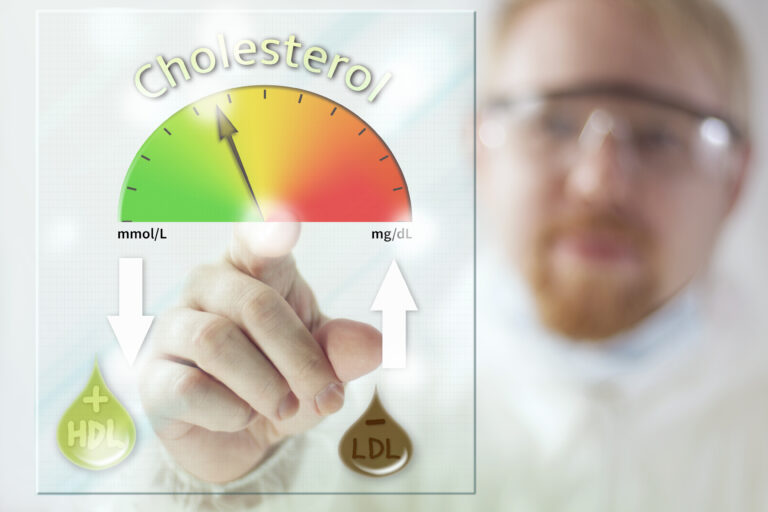Most
people have been made aware of the negative aspects of cholesterol in the body
when in excess amounts. High cholesterol/arterial plaquing resulting in narrowing of the blood vessels and increasing the risk of stroke and heart attack are certainly an important concern not to be overlooked. But frequently, what is ignored is the
importance of cholesterol in the body. Also, if your cholesterol is high, why is it high? It’s not like the body has some vendetta against you and is trying to wreak havoc on your body for the fun of it! There is a reason why your cholesterol is elevated.
But first, let’s talk about the good. Cholesterol is either an essential component of, or a precursor to, many hormones: DHEA – a hormone that is necessary for male and female sex hormones and for sustained energy throughout the day; Growth Hormone releasing Hormone – needed for releasing Growth Hormone needed for bone growth; Incretin – a hormone needed for blood sugar regulation; Erythropoietin – needed for healthy red blood cell production; Triiodothyronine – a thyroid hormone; Androstenedione – needed for female and male hormone regulation; ACTH – an important component of the
hypothalamic-pituitary-adrenal axis and important for the body’s response to stress and many other functions; Adrenal cortical hormone – critical for the management of stress; Aldosterone – essential for sodium conservation in the kidney, salivary glands, sweat glands and colon amongst other things. Why is all this important? Because without
cholesterol, your body is unable to perform many, many, functions, like those just mentioned. In addition, part of the composition of the hormones themselves is cholesterol. So without cholesterol in adequate amounts, the body cannot produce enough hormones or allow them to play active roles in the body.
If your body needs cholesterol, then why do we try so hard to bring it down, sometimes to alarmingly low levels? For fear of a cardiac event. But what we should be asking, is why is the body producing levels of cholesterol high enough to be a risk to the body? By searching a little deeper, we can determine what the body is trying to communicate to us. Because the body doesn’t do anything “just because”, it is prudent to do some investigative work in order to fix the problem, rather than just shoving cholesterol levels down with a drug. That may get it down all right, but the problem that caused it to go up in the first place will still be a problem. Very little cholesterol actually comes from the foods we eat. But the foods we eat can have a great impact on our cholesterol levels. The liver makes most of the cholesterol and it does it for very important reasons. That’s why cholesterol wasn’t left to just the whim of our food availability or our dietary craziness.
Eating cholesterol doesn’t raise our cholesterol. However, consuming sugar, bad fats, alcohol, coffee, smoking cigarettes and many medications result in damage to delicate tissues that necessitate repair. Guess what substance repairs that tissue? Cholesterol. Cholesterol is the healing serum of the body. If there is damaged tissue, cholesterol will come to the rescue. The more the damage, the more the cholesterol poured out to heal it up.
What happens to damaged tissue that can’t repair because we have artificially lowered the repair serum with drugs? What happens when the body doesn’t have enough cholesterol to make anti-inflammatory or other hormones? I’ll leave you to think about that on your own!
©2020 Holly A. Carling, O.M.D., L.Ac., Ph.D.







